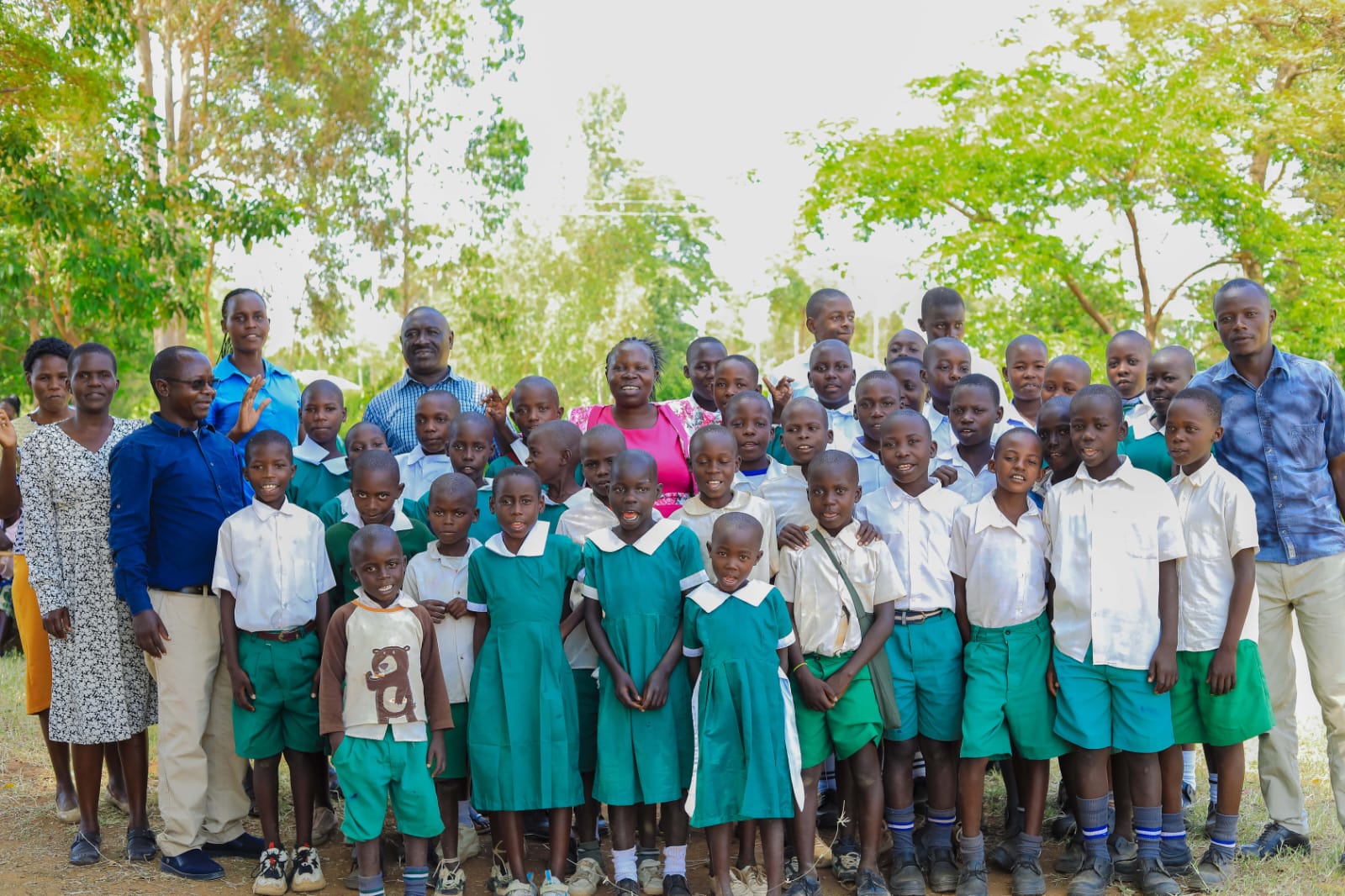Building a Better Tomorrow
We bring hope and joy to our children

Our goal
Empowering Communities
We believe that every person deserves access to quality education, healthcare, and opportunities for growth. Our mission is to break the cycle of poverty through sustainable, community-driven initiatives.
Quality education for all children
Healthcare access in remote areas
Sustainable economic opportunities
Global Impact
Since our founding, we’ve worked tirelessly to create positive change across the globe through our social media platforms. Our approach focuses on working with local communities to build solutions that last.
"Change happens when communities are empowered to lead their own transformation." Our Founding Principle
Making a Real Difference
Numbers that represent hope, transformation, and the power of collective action
Our Latest Achievement
This year, we successfully established feeding, permaculture programs in 5 educational schools in rural areas, providing quality learning opportunities to over 3,000 children who previously had no access to formal education.
These schools are equipped with modern learning tools, trained local teachers, and sustainable infrastructure powered by solar energy, ensuring continuous education even in remote areas.
This initiative is part of our broader commitment to education accessibility and community empowerment across Kenya.